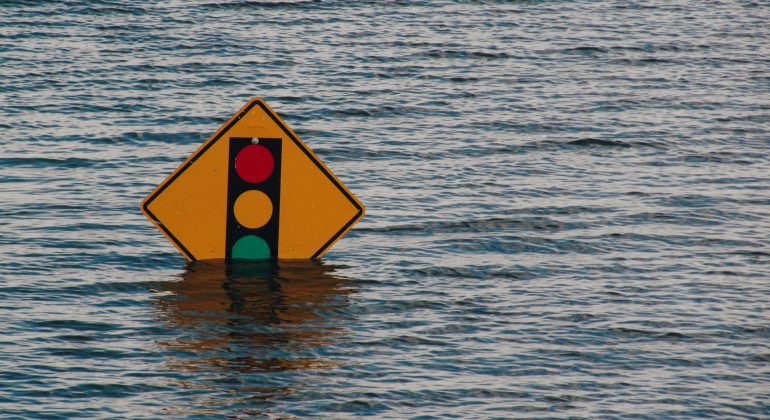When most people talk about water, they don’t usually start the conversation by asking, “Is this water hard or soft?” right? People would pretty much just stick to the more basic things about water like where it’s from or whether it’s cold or not. But if you are particular with cleaning and plumbing issues in your home that has something to do with water, then, you would need to understand the difference between hard and soft water. Learning more about this needs some understanding of chemistry.
The Difference between Hard and Soft Water
Hard water is any water that has a significant amount of dissolved minerals. Such minerals include chalk, calcium, lime, and magnesium. As water moves through rocks or other substances, it gathers up dissolved solids. If the amount of dissolved materials goes beyond the normal amounts, this type of water is considered “hard water.” Water that contains more than 17 mg per liter up to 60 mg per liter is considered slightly hard. Moderately hard water is water that contains 60-120 mg per liter, while hard water ranges from 120-180 mg per liter. With amounts even greater than 180 mg per liter, water is classified as very hard water. It is this type of water that causes problems because of the deposits they leave in plumbing, appliances, laundry, dishes, and even bathing. In other words, hard water makes it much more difficult to do cleaning chores.

Soft water, on the other hand, does not have these disadvantageous effects of mineral deposits on household appliances. This is because soft water is treated water and the only ion in it is sodium. It has much less calcium and magnesium content compared to hard water. Specifically, soft water only has less than 1 grain per gallon or 17 mg per liter of dissolved materials in it. So, soft water lacks that distinct mineral taste that hard water has. This type of water will not leave any residue on dishes, appliances, or your skin.
Problems with Hard Water
In general, hard water is not harmful to health. It actually has some benefits because of the rich mineral content. It also reduces the solubility of potentially toxic metal ions like copper and lead. However, when it comes to domestic and industrial applications, hard water leads to damage to pipes and containers. Common issues related to hard water include spots on dishes after cleaning them, soap scum in the shower and tub, scale buildup and clogged drains also in the tub and shower, clothes that are still dingy even after being washed, and large amounts of sediments at the bottom of appliances like faucets and water heaters.

Hard water has an impact on hair and skin. After washing your hair, for example, your hair can feel sticky and look dull. In children, using hard water for baths increases the cases of eczema in children. Why? Simply because the minerals in hard water dry out skin and hair. This mineral content can also cause dyes and perms to fade faster, and may even lead to a flaky scalp and hair breakage. It is in these instances where water softening methods are needed.
How to Soften Water
Hard water can become softer through an ion exchange process. The process removes the minerals from the water by exchanging metal cations (a positively charged ion) for sodium ions. More precisely, ion exchange involves exchanging the positively charging calcium and magnesium ions with sodium and potassium ions. Each magnesium or magnesium ion gets exchanged for two potassium or sodium ions. To do this, there have to be tiny beads of resin in a holding tank. Sodium and potassium ions cling to this resin and when hard water washes over the resin, sodium and potassium ions get released into the water. These are then exchanged for the calcium and magnesium ion that is held fast by resin beads. Water that finally flows out of that system is now soft water.
If, for example, you find it extremely expensive to soften water at the moment, there are some DIY methods to use as water softeners at home. You can use a homemade all-purpose cleaner to remove scale buildup. Another is to use a squeegee to remove sitting water after a bath. You can use vinegar to prevent clogs. Finally, finding a detergent that works with hard water can be helpful, too. Although these are temporary remedies, it does the job of helping you with cleaning chores. Ultimately, if you want to prolong your plumbing and appliances, that Water Softener Treatment is what you need to invest in.

